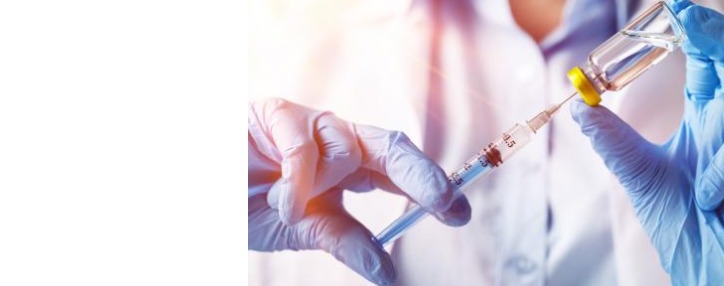Armenia to digitize national vaccination calendar

YEREVAN, April 26. /ARKA/. Armenian Health Ministry is working to digitize the national vaccination calendar, Gayane Sahakyan, Deputy Director of the National Center for Disease Control and Prevention, told a press conference today.
According to her, the calendar will help simplify the work of health workers. She said the calendar will be available also to citizens in the Armed app, and everyone will be able to see what vaccines they have received.
Sahakyan said that today, thanks to vaccination, there are diseases such as polio, diphtheria, measles, rubella and hepatitis B, which are on the brink of extinction.
"Our country has had no cases of diphtheria since 2000 and no cases of polio since 1995. As for measles and rubella, these diseases have been eliminated in our country," she said.
Sahakyan stressed that there may be cases when diseases are brought from other countries. For example, the situation with measles is turbulent around the world and there are outbreaks of the disease in almost all countries.
According to her, the fact that the epidemiological situation in the country is calm after a local outbreak of measles proves the high level of vaccination.
"We have collective immunity and protection. Given that measles is the most contagious among infectious diseases (9 out of 10 contacts get sick), it has not spread much in our country," she pointed out.
Sahakyan stated that this has been achieved thanks to vaccination. As of today, 18 infectious diseases are controlled by 15 vaccinations.
According to her, the number of parents refusing to vaccinate their children has also decreased.
"We attribute this mainly to the introduction of hexavalent vaccination in 2018-2020," she said. -0-



